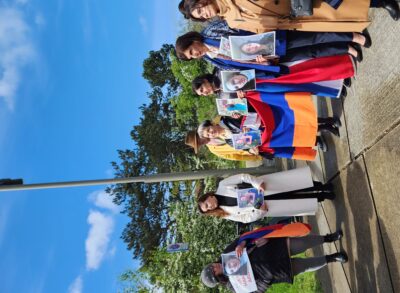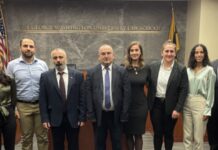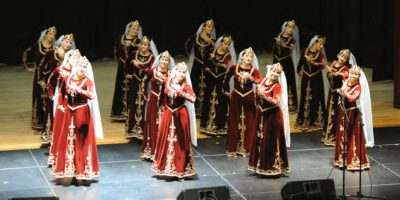By Edmond Y. Azadian
Armenians living in Western countries on some occasions have become too civilized in making a distinction between the Turkish government and the Turkish people; the latter supposedly were innocent bystanders when the former planned and executed a historic mass murder. Therefore, the message is, don’t hate the Turkish people, and do not generalize.
Some Armenians even advocate finding and honoring righteous Turks even before a general reckoning of the crime has taken place.
But, unfortunately history has disproved such claims of distinction. The Genocide must be marked as the national sin of the Turks until denialism is abated, amends are made and compensation offered.
The Turkish government, in collusion with its wartime ally, Germany, planned and executed the ethnic cleansing of the Armenians, while the Mullahs issued fatwas asking for the murder and plunder of Armenians. That was a motivation — sanctioned by the religious leaders — for the general mobilization of the public, which was ready for bloodletting. “Gavur’un mali halal Turk’eh,” was the slogan, meaning “The Turk deserves what is the infidel’s.”
A minority of Turks refrained from participating in the orgy of blood and an even smaller minority resisted the temptation to plunder and protected some Armenians.









